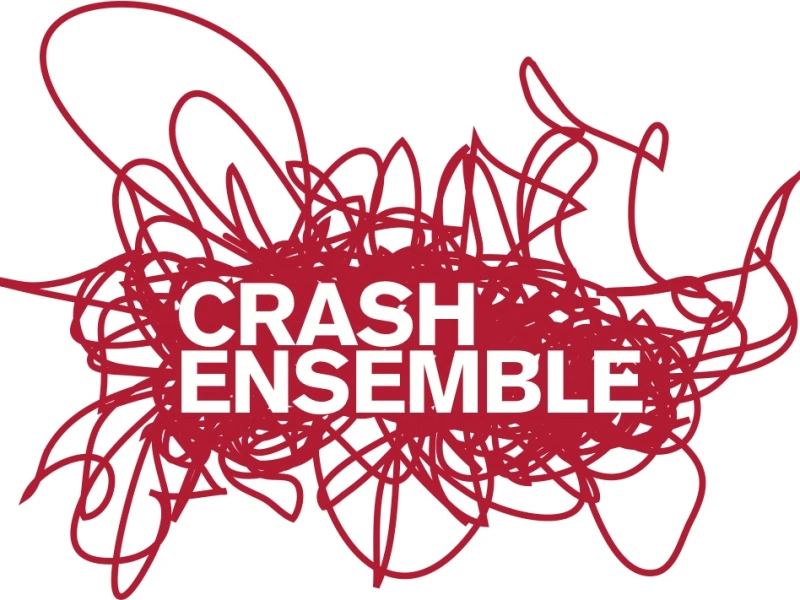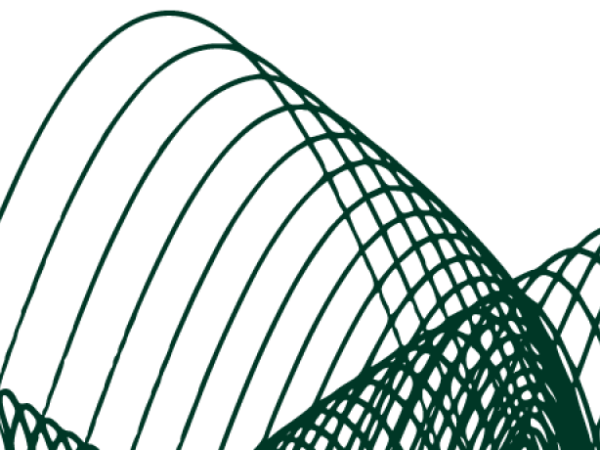Welcome to the International Computer Music Conference 2022, hosted by the University of Limerick in Limerick, Ireland. This year’s event will be in a hybrid format, with online and in-person events.
Standing Wave
A standing wave is a resonance phenomenon, where we see something that appears to be static, but a world of activity lies beneath. Conceptually, we might even think of this in terms of a structural or sculptural support on which the audible character of our worlds is built. The span of computer music can be seen in a similar way: threads and tendrils of interconnected developments and advances leading to a continuously advancing discipline of artmaking through the manipulation of the ever present 1’s and 0’s.
Inspired by the standing wave that forms in the River Shannon in Limerick City – the ever moving yet ever present body of water that acts as the spine of UL campus – we ask you all as contributors to consider the implications of this idea in your submissions as both computer musicians and researchers at ICMC 2022 – be like a kayaker on the river and explore the countless waves that oscillates in time but remain strangely steady in space!
News
Welcome Katie Tertell
We’re sorry to see our guest cellist, Kate Ellis, unable to perform with us. But we’re delighted to announce that Katie Tertell has stepped in to perform pieces for our guest performers from the Crash Ensemble. Welcome, Katie!
Keep readingEarly Bird extension
The deadline for early bird and presenter registration has now been extended to 6 May, 23:00 UTC. Register at https://ulevents.eventsair.com/2022-icmc/icmc2022reg/Site/Register. The featured image is an Atlantic Puffin, which makes its home on western islands of Ireland. Photo from https://birdwatchireland.ie/birds/puffin/ credited to Peter Loughlin.
Keep readingTravel information is being updated
We will continue to post information as we receive it. In the mean time, we have compiled some travel tips and destinations as you plan your visit to Limerick. Check out the Travel Advice and Information page from the website menu.
Keep readingFeatured Performers
Our featured performers come from Ireland’s contemporary music ensemble, the Crash Ensemble. We are honoured to include Kate Ellis, cello; Larissa O’Grady, violin; Susan Doyle, flute; Barry O’Halpin, guitar; and Alex Petcu, percussion. Read more about our featured performers.
Topics
We invite submissions in computer music disciplines including, but not limited to:
- Acousmatic and Spatial Music
- Acoustic Ecology
- Acoustics, physical models, etc
- Advancing Computer Music
- Aesthetics, Theory, History of computer music
- Algorithmic or generative art/music
- Audience Participation Installations
- Audiovisual Works
- Auditory Display and Sonification
- Composition/performance
- Computer Language-Based: Faust, ChucK, CSound, Live, MAX, Supercollider, etc.
- Computer Music Composition
- Computer-aided Acoustic Composition
- Crowd-Sourcing in Computer Music
- Data-driven Installations
- Digital Signal Processing
- Fixed Media
- Happenings
- Improvisation and Technology
- Instrument(s) + Electronics
- Interactive Installations
- Laptop Orchestra/Live Coding
- Live Electronics
- Media Arts
- Media/Music Programming, Languages, etc
- Miscellaneous/off-ICMC
- Multimedia Installations
- Music education
- Music Information Retrieval
- New Instruments for Musical Expression
- Noisescapes: Urban Noise Pollution Phenomenon
- Open Source topics and communities
- Performance-based installations
- Preserving and Accessing Computer Music
- Psychology of music
- Robotics and Music
- Sound Art
- Sound Reinforcement
- Sound Synthesis
- Soundmapping
- Soundscape works
- Spatial Audio
- Telematic and networked performance
- WebAudio
We are especially looking for submissions addressing:
- Software Engineering in Computer Music – Sponsored by Lero, the Irish Software Institute. This can be broadly interpreted as the entirety of building software (e.g, process, code, architecture).
- Topics related to diversity, equality and inclusivity in computer music, including gender, race, economic, disabilities, or other factors for underrepresentation in computer music.
We also welcome submissions outside the theme.



